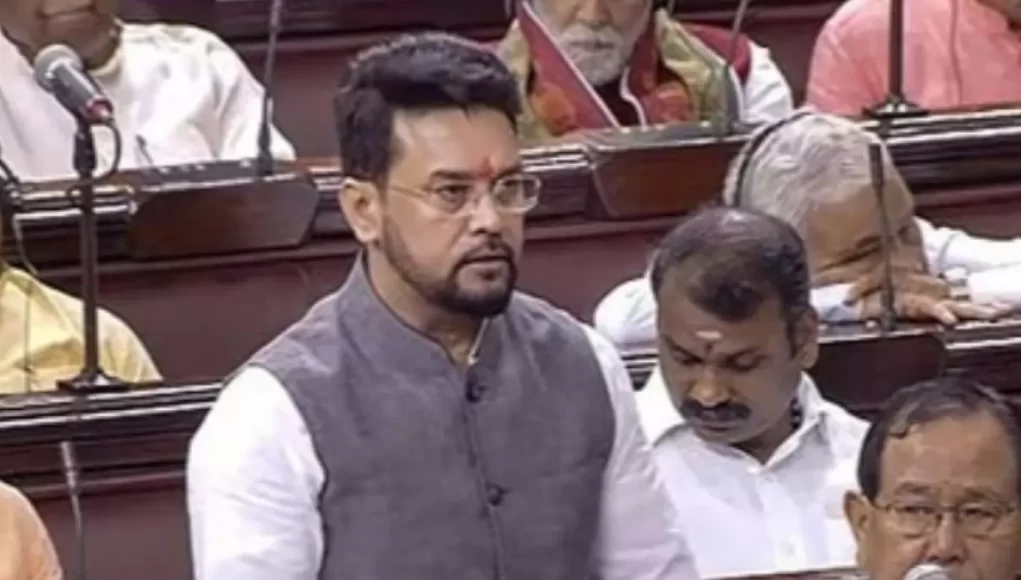The Rajya Sabha passed the Cinematograph (Amendment) Bill, 2023 on Thursday (July 27), which cracks down on film piracy while also modifying how films are certified by the censor board.
The Bill imposes a three-year prison sentence and a fine of up to 5% of a movie’s production cost on individuals who make unauthorised copies. It introduces three certifications under the ‘UA’ category, UA 7+, UA 13+, and UA 16+, implying that children under the age limits can watch such films with parental supervision.
It also allows the Central Board of Film Certification (CBFC) to issue separate certificates for a film’s television or other media screening.
According to officials, the Cinematograph Act, 1952 needed to be amended due to several reasons — to harmonise the law with various executive orders, Supreme Court judgements, and other legislations; to improve the procedure for licensing films for public exhibition by the CBFC; and to expand the scope of categorisations for certification.
Lastly and importantly, there was a huge demand from the film industry to address the issue of unauthorised recording and exhibition of films and curb the menace of piracy, which is causing them huge losses.
The Cinematograph (Amendment) Bill, 2019 was introduced in the Rajya Sabha on February 12, 2019, proposing changes related only to film piracy. This Bill was referred to the Standing Committee on Information Technology, which presented its report in March 2020.
The recommendations by the panel included age-based categories of certification and the removal of redundant provisions. So, the revised Cinematograph (Amendment) Bill, 2021 was released on June 18, 2021, seeking public comments.
In 2022, consultations with industry stakeholders were held, based on which the Ministry introduced the 2023 Bill.
Interestingly, with the Jammu & Kashmir Reorganisation Act, 2019, all special provisions in central laws related to the erstwhile state have become redundant. Thus, the special reference to J&K in the Act has been omitted in the 2023 Bill.
As the Cable Television Networks (Regulation) Act, 1995 stipulates that only UA category films can be shown on TV, the Bill allows for a change of category of a film from A (adult) or S (specialised groups) to UA, after making suitable alterations. While the earlier Act provided that the certificate issued by the CBFC is valid for 10 years, it would now be valid perpetually.
The new Bill clarifies that the Centre will not have any revisional powers over CBFC certificates.
Recording or helping a person record any film that is being exhibited at a cinema theatre using audio-visual devices has been prohibited under the Bill. “The film industry is facing a loss of Rs 20,000 crore annually because of piracy,” Union Information and Broadcasting Minister Anurag Thakur said in the Rajya Sabha.
While inserting new clauses for piracy, the Bill aims to harmonise the Cinematograph Act with the existing laws that tangentially address piracy — the Copyright Act, 1957 and the Information Technology Act (IT) 2000, officials said.






